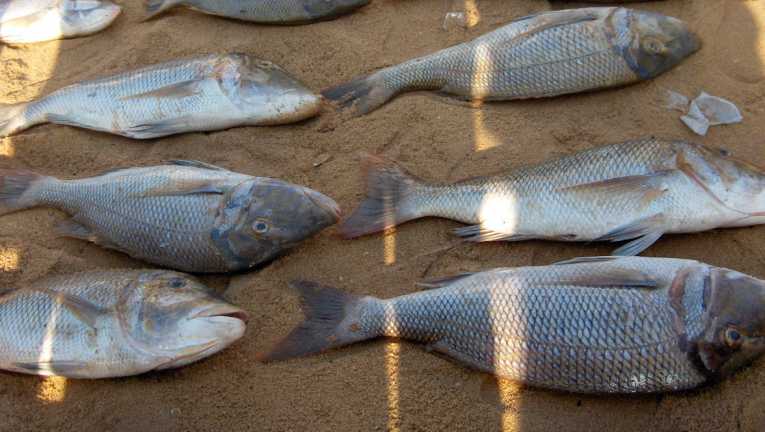The International Union for Conservation of Nature (IUCN), the world's oldest and largest global environmental network that helps the world find pragmatic solutions to the most pressing environment and development challenges of the day has put 30 species of Indian fish on the endangered list. In an assessment of Indian freshwater fish after 13 years the organization says preliminary findings have revealed that the Western Ghats, which face massive amounts of deforestation, mining and the building of dams, might have lost at least 30 species over the past half a century.
The IUCN uses various criteria for assessment. Its Red List, with its nine classifications, is a comprehensive inventory of the global conservation status of animal and plant groups.
Dying species
The rich waters of the Western Indian Ocean boast some of the world's most vibrant coastal cultures and biodiversity including coral reefs, globally important populations of whales, sea turtles, sharks, dolphins, and highly productive fisheries say scientists from the organization. Their assessments which also take into account fish, plants, insects and mollusks have also put 15 species on the critically endangered list. Studies from the Tamil Nadu (southern) region of the Western Ghats have also proved that one type of fish hasn't been sighted in the area for the last 20 years.
What does this mean for the fishermen and fishing communities who primarily depend on fishing for a livelihood? The Indian government could use the data to start educating fishermen about more sustainable methods of fishing. Rarely are they taught about protecting the waters which forms the very basis of their lives.
Affected marine life
The full report which will be released at the end of December should have valuable information for the government should it be keen on conservation.
Affected fish populations also affect other life in the rivers. Experts are also concerned about the river dolphin whose numbers have been steadily decreasing over the years. River dolphins survive on fish. Compared to the ocean dolphins these creatures have badly developed eyesight since river waters are muddier than the sea waters and are also less active. Unless action is taken and taken now, the future of Indian freshwater life is obviously in danger.










